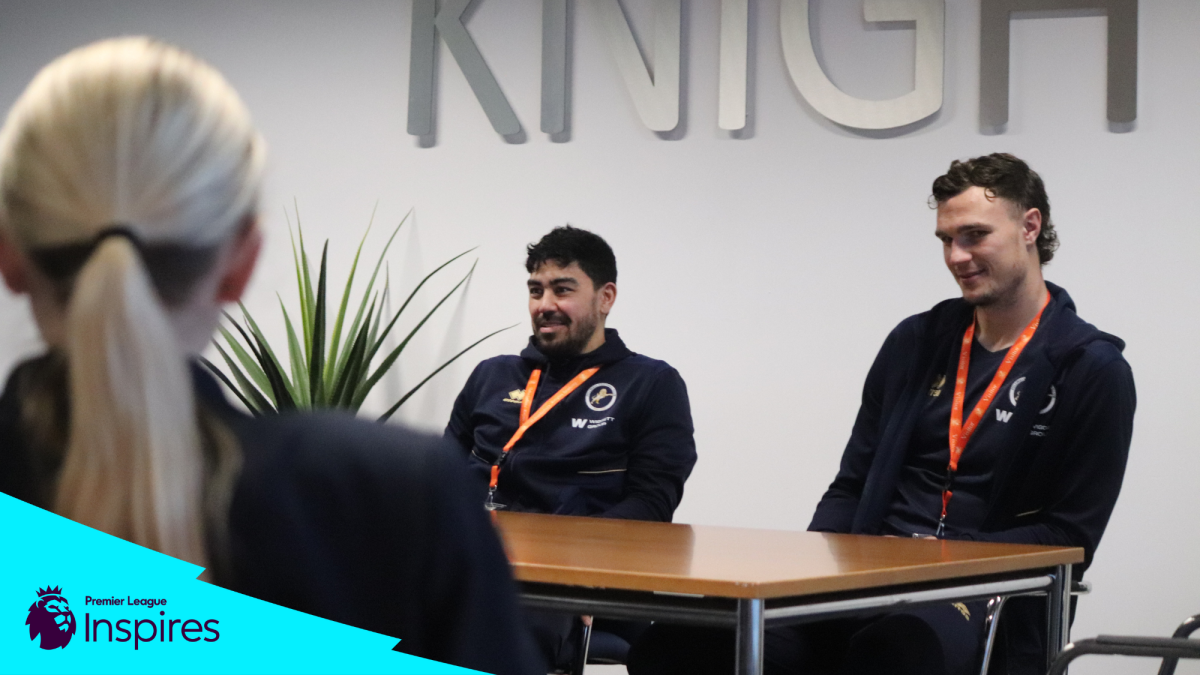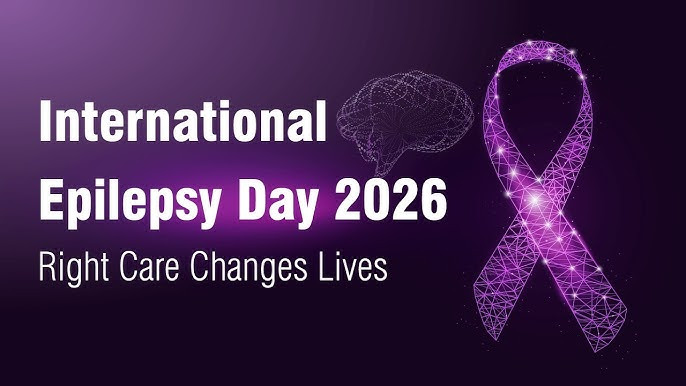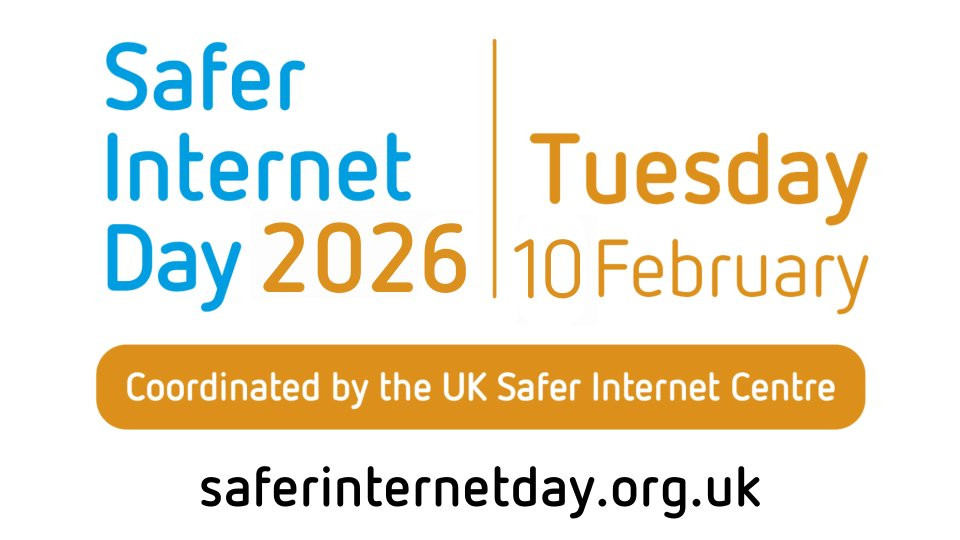Monday 9th-Sunday 15th May is the Mental Health Foundation’s Mental Health Awareness Week – and this year, the focus is on loneliness – a problem that is affecting more people in South East London every year.
Chronic loneliness is not only bad for our mental health – it can have a profound impact on our physical health too, with links to increased rates of coronary heart disease, stroke and early mortality.
And that’s why Our Healthier South East London (OHSEL) is advising people who are experiencing loneliness to seek help and support.
Dr Nancy Kuchemann, GP and Clinical Lead for Mental Health for OHSEL, said: “It’s an irony, but when you’re lonely, you’re not alone. Sadly, millions of people in the UK, including south east London fall victim to long-term loneliness.
“Even though loneliness is often perceived to be something that affects older people, it can affect all people of all ages, particularly those who have a disability.â€
She added: “Relationship breakdown, bullying at school or work, lack of mobility or money worries can all lead to loneliness. But the good news is that there are solutions to loneliness, and sometimes, by taking simple steps, you can make a positive difference.â€
In South East London, young people can receive support from Kooth – the UK’s leading provider of digital mental health support. Anyone from the ages of 10-25 can access mental wellbeing support via Kooth – a free and anonymous online mental health and emotional wellbeing service.
In addition to counselling with fully-trained and qualified practitioners, self-help articles, forums and discussion boards are available with advice on all mental health concerns including loneliness. The content is age appropriate and is moderated and approved by medical experts.
Adults in South East London can receive support for stress by visiting the Free Your Mind hub, which gives advice on improving mental health and how to obtain professional support.
Many people may benefit from talking therapies – free services for South East Londoners designed to coach people to better mental wellbeing. Qualified healthcare professionals can give support.
The site also gives information on the ‘Five Ways to Wellbeing’, the importance of tackling emotional health problems and advice on accessing emergency help.
Dr Kuchemann said: “The Covid-19 pandemic and its lockdowns exacerbated the experience of loneliness, but it was a problem before and it’s a problem now.
“But no matter what your circumstances, help is available and sometimes, just a tiny step in the right direction can lead to significant change.â€





